Op-Ed: How “listening to everything BUT country music” is ignorant, at best
The Banjo Lesson, by Henry O. Tanner, depicts a rare, intimate moment, an elder teaching a youth how to play the banjo.
“I listen to everything BUT country music.”
A sentiment far too common among basically anyone under the age of forty. A sentiment that I am not proud to admit I echoed not too long ago. But who can blame them? When most people think country music, they think Blake Shelton, Dolly Parton, early Taylor Swift. BORINGGGGG! Just kidding, I love you Dolly.
Either way, the face of the country is overwhelmingly Southern white men that possess an odd preoccupation with beer and souped-up trucks. Country music’s designation as “white music” may be unappealing to people my age, but it neglects a crucial fact; country music came from Africa.
Sparked by the rise of country in the early 2000s, many younger music fans began to take pride in the statement that they’d listen to “anything but country.”
But music and the music industry have changed since then. While it was originally meant to be a joke, found in the bios of Myspace and Facebook accounts, it seems to be indicative of a rising trend in American millennials and Gen Z’ers. These types of listeners are usually very proud of their music taste, which includes a good deal of obscure or poorly known independent or “indie” artists, who have grown in popularity with the help of social media platforms like YouTube and TikTok. But through it all, country music has retained its status as backwards and boring.
The problem with this thinking is not only that the genre’s listener pool remains stagnant, but it ignores the Black origins of country music and its influence on modern music.
Forced from their homes, oftentimes without even the clothes on their backs, enslaved people from Africa held onto their humanity in a few ways, including their music. The akonting is a stringed instrument, native to Senegal, Gambia, and Guinea, claimed by the Jola people. Most scholars consider it to be the first version of the banjo, an instrument that became synonymous with blackness as slavery entrenched itself into the fabric of the American nation.
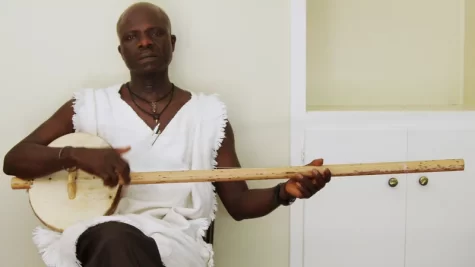
During the 19th century, the banjo grew in popularity through minstrel shows. White performers became wealthy and famous, clad in blackface playing racist caricatures of slaves such as “Jim Crow,” playing the banjo.
However, by the 1920s, the music once associated with minstrel shows became part of the growingly popular prototype of modern country. At this time, white and black musicians alike collaborated to make these records, so record companies, who couldn’t market black musicians, separated “hillbilly” music from the Black “blues.”
So what’s the issue?
The whole “I listen to “EVERYTHING but country” is not just ignorant, it ignores the genre’s roots in Black culture and its immense influence on modern music. The low, wailing sound of the Rhythm and Blues, now known as RnB, went on to inspire artists like Elvis, the Beatles, the Rolling Stones and countless scores of musicians, without which modern music as we know it would not exist.
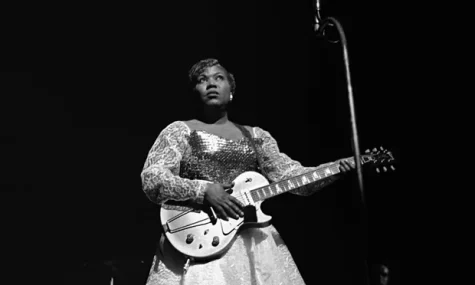
In order to shed its whitewashed image, the country music industry and country musicians must do their part to acknowledge the history of country music and its roots in the culture of enslaved Black people and West Africans. They must make an effort to shine light on the Black artists who pioneered much of the techniques, technologies, melodies, etc., that have come to define country music, even to this day, and they must learn to hold artists accountable for espousing racist ideals.
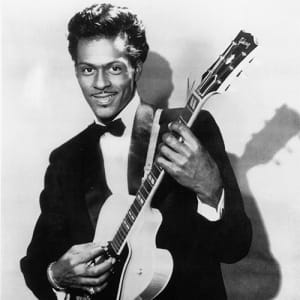
Granted, it would be disingenuous of me to claim country fails to acknowledge its Black roots if I didn’t recognize the influence of Appalachian culture. That the struggles of the Appalachian people and their history, one plagued with tragic tales of worker exploitation, disease and poverty, have had an immeasurable impact on country is a fact.
However, I’d still like to call on listeners and creators alike to make steps toward nurturing country music into a more equitable, diverse genre. One that laments the struggle of the working person, one that aches of heartbreak, and overflows with love. And before you write this whole thing off as corny or sappy (which it kinda is) give country a try. The only way to see change is to act. Supporting POC country artists like Kane Brown, Black female artists like Amythyst Kiah and Queer artists like Orville Peck may seem small, but giving these artists the exposure they need is crucial to pushing country music into the 21st century.
Your donation will support the student journalists of Carnegie Vanguard High School. Your contribution will allow us to cover our annual website hosting costs and fund field trips, competition fees, and equipment. We appreciate your support!

Joseph Mutagaya is a currently a senior at Carnegie Vanguard High School. He loves acting for Carnegie Theatre, listening to music like SZA, Brent Faiyaz,...


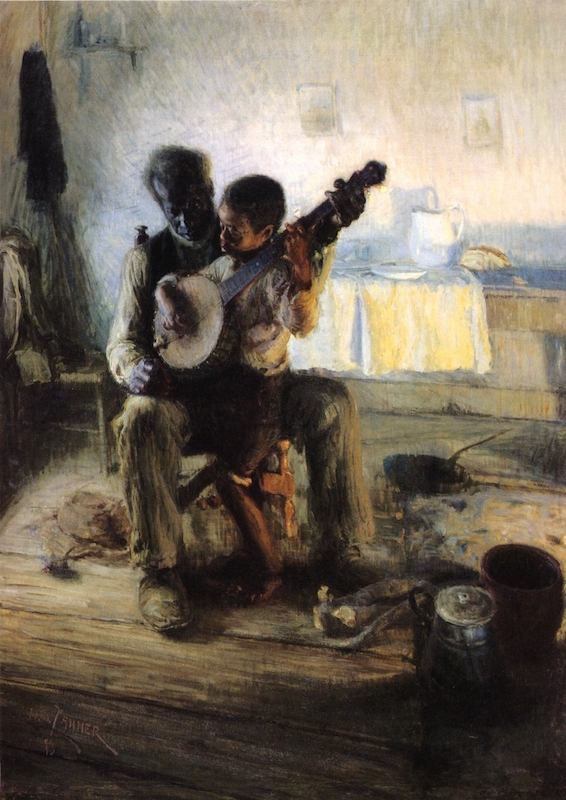



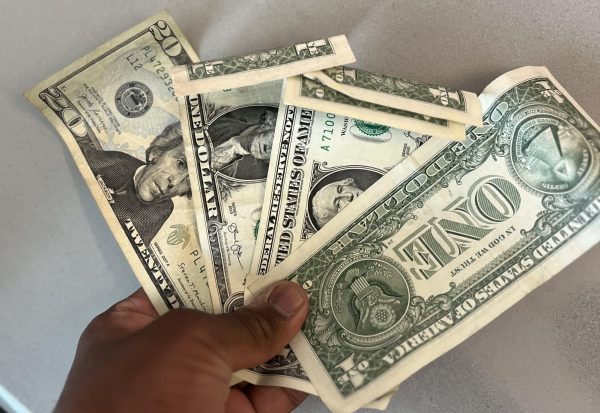
Danielle Yampuler • Dec 15, 2022 at 9:49 am
I might start listening to more country music because of this, great story!
Ava Lim • Dec 14, 2022 at 2:57 pm
this is an amazingly eye-opening piece! thank you for shedding light on this 🙂
Katheryn Consuegra Pena • Dec 13, 2022 at 10:39 am
this was so interesting